Looking to revamp your living room and explore unique seating options? You’ve come to the right place. In this article, we’ll introduce you to nine incredible couch alternatives that can transform your living room into a stylish and versatile space. If you’re seeking a fresh perspective on interior design and want to break free from the traditional couch, these innovative alternatives are your ticket to a more personalized and comfortable living area.
From space-saving solutions for compact homes to trendy and ergonomic choices for modern aesthetics, we’ll guide you through a world of couch alternatives that cater to your needs and preferences. Say goodbye to the ordinary and discover how these alternatives can enhance both your decor and lounging experience.
People Also Read:
Is couch a must-have item in the house?
The question of whether a couch is a must-have item in a house is a subjective one, dependent on various factors. While couches have long been considered a staple in home furnishings, their necessity depends on individual preferences, lifestyle, and available space. Here are some key considerations:
- Lifestyle and Usage Patterns: Your lifestyle plays a significant role. If you frequently host guests or enjoy lounging while watching TV or reading, a couch can be a valuable addition. It provides comfortable seating and a central gathering point.
- Space Availability: The size of your living space matters. In smaller homes or apartments, a couch might dominate the room and limit mobility. In such cases, alternative seating options may be more practical.
- Aesthetics and Interior Design: Your design preferences matter. Some homeowners prefer the classic look of a couch as it ties the room together, while others opt for a more eclectic or minimalist approach without one.
- Budget Considerations: Couches can be a significant investment. If budget constraints are a concern, you might explore cost-effective seating alternatives that offer both comfort and style.
- Health and Ergonomics: Consider your health and comfort needs. Some individuals may require specialized seating due to ergonomic concerns, which may not align with traditional couches.
- Cultural and Regional Variations: In some cultures, floor seating or alternative seating arrangements are customary, making couches less essential.
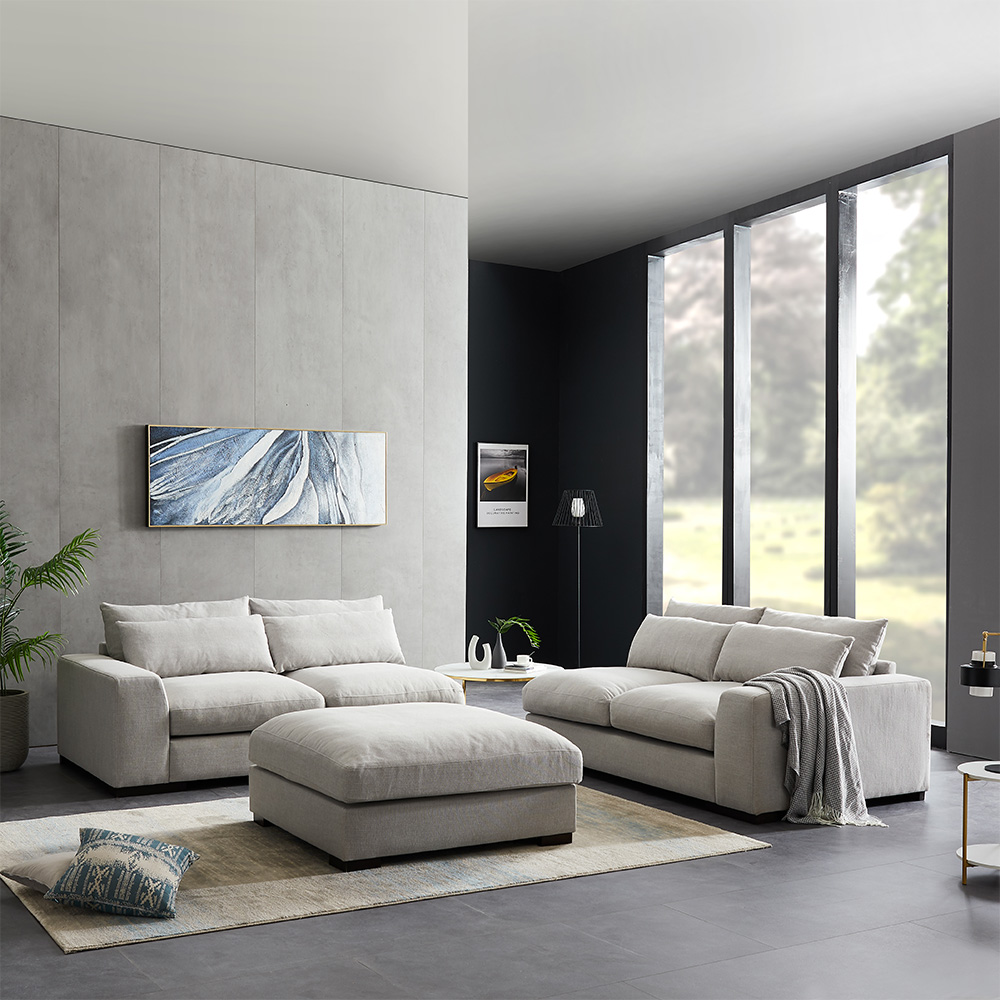
What if I don’t want a couch?
Not everyone desires or requires a traditional couch in their living space. If you’re contemplating alternative seating arrangements or simply prefer to forgo a couch, what you should firstly do is to make sure which kinds of seats you need in the room and how many people would often sit in the room. Then based on your personal needs, select the best one from the following alternatives to a couch in your living room and family room.
10 couch alternatives that can style your home and keep you lounging
1. Sectional Sofas: While not traditional couches, sectional sofas offer flexibility in arranging seating. Their modular design allows you to adapt the layout to your room’s size and shape.
2. Chaise Lounges: Elegant and comfortable, chaise lounges are perfect for relaxation. They add a touch of luxury to your living space and are great for stretching out while reading or watching TV.
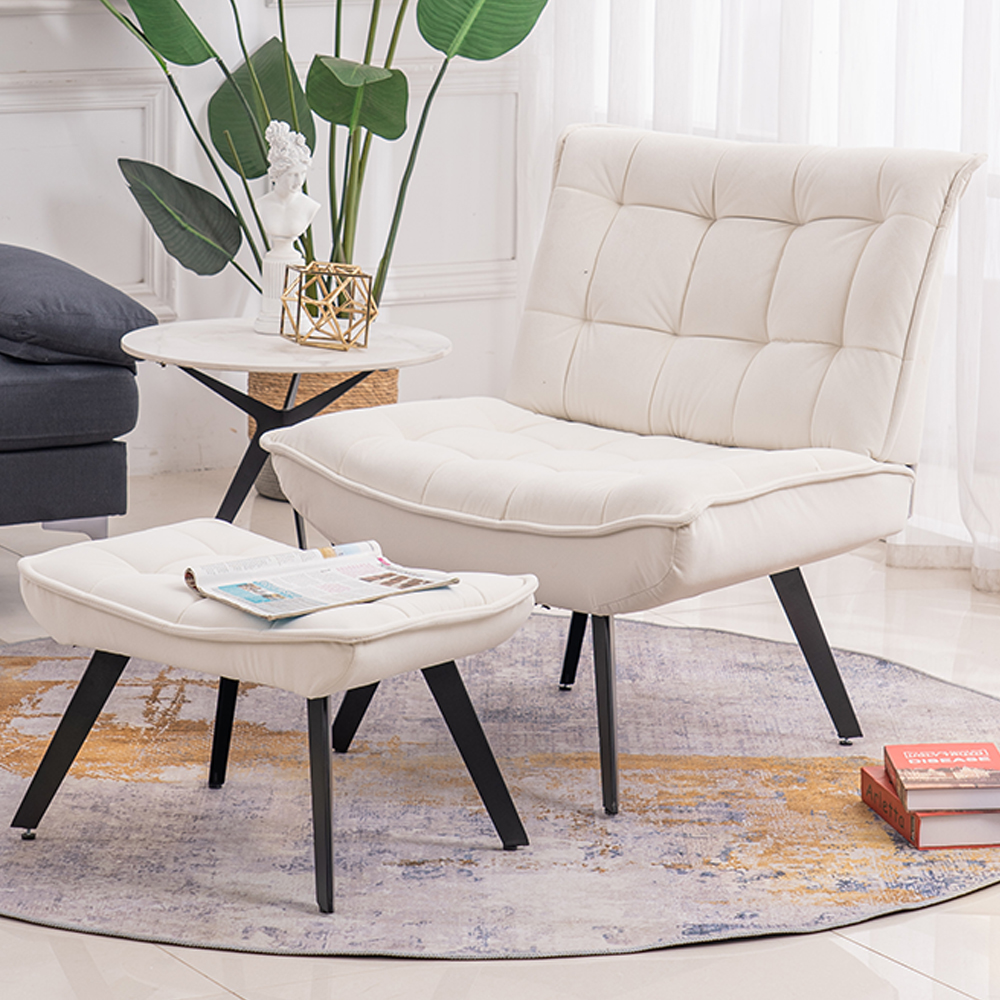
3. Futons: Futons are versatile and space-saving options that can convert from a sofa to a bed. They come in various styles and are ideal for smaller homes or guest rooms.
4. Daybeds: Daybeds serve as both seating and sleeping arrangements. They’re stylish and functional, making them an excellent addition to a multipurpose room.
5. Armchairs: Statement armchairs can serve as standalone seating or complement a sofa alternative. Choose bold designs or cozy recliners to match your style and needs.
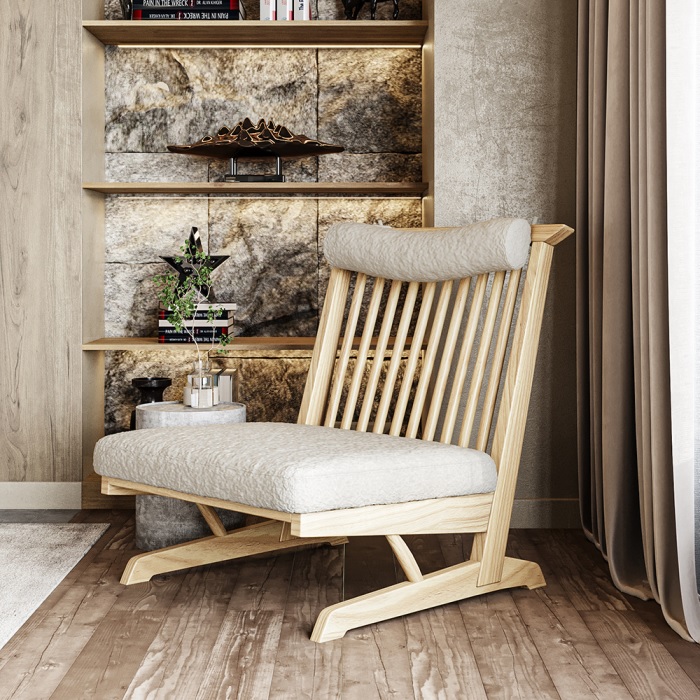
6. Bean Bags: Bean bags are casual, fun, and adaptable. They provide a relaxed seating option that can easily be moved around the room to suit different activities.
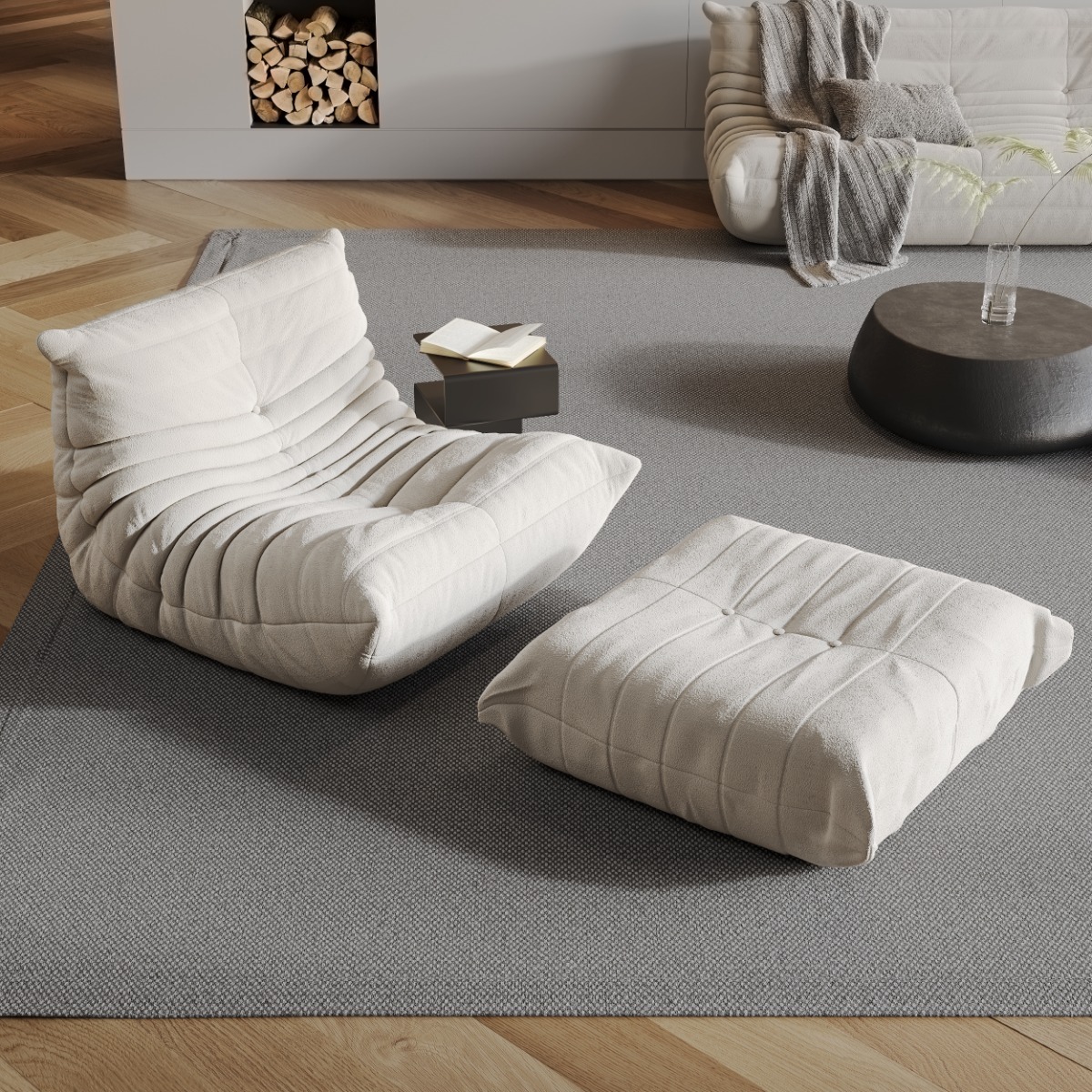
7. Floor Cushions: For a bohemian or minimalist aesthetic, floor cushions are perfect. They’re easy to store when not in use and offer a cozy, low-profile seating experience.It is the best alternatives to a couch when you’re living on a tight budget
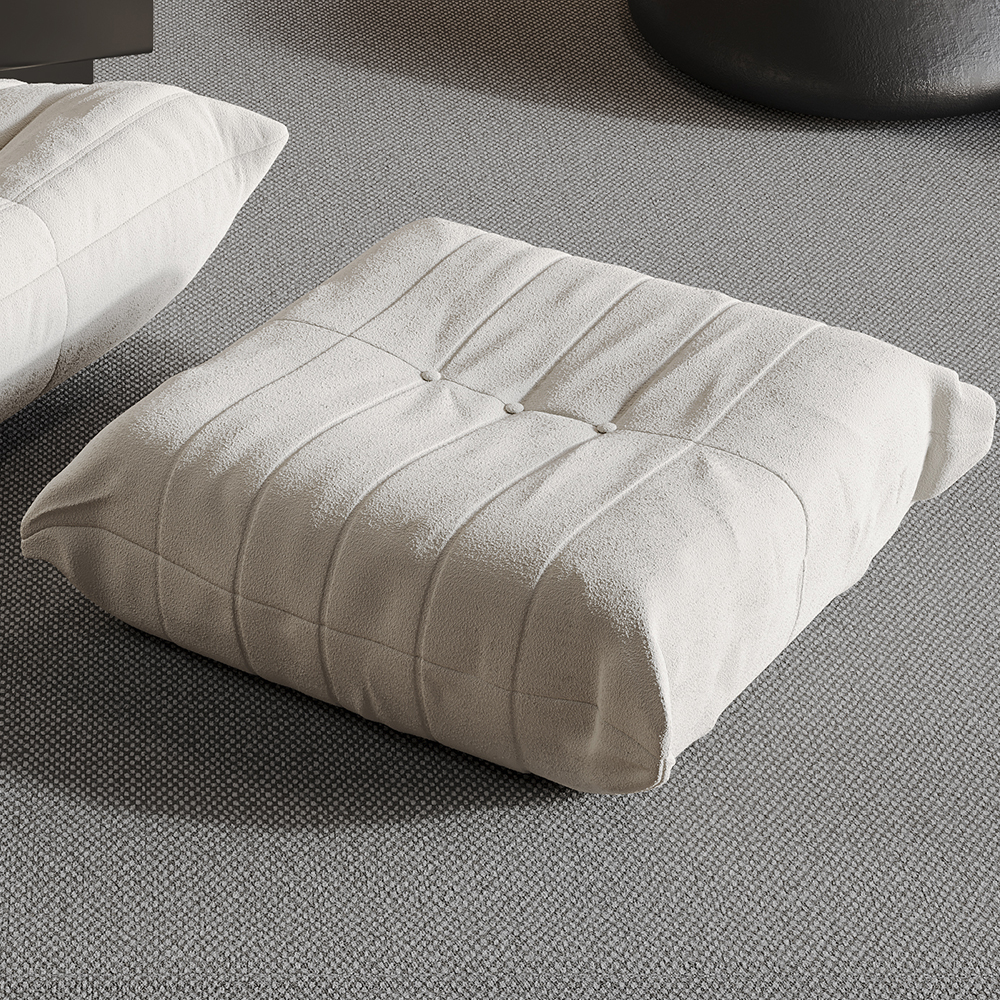
8. Swing Chairs: Hanging swing chairs add a touch of whimsy and charm to your living space. They’re great for creating a unique focal point while providing comfortable seating.
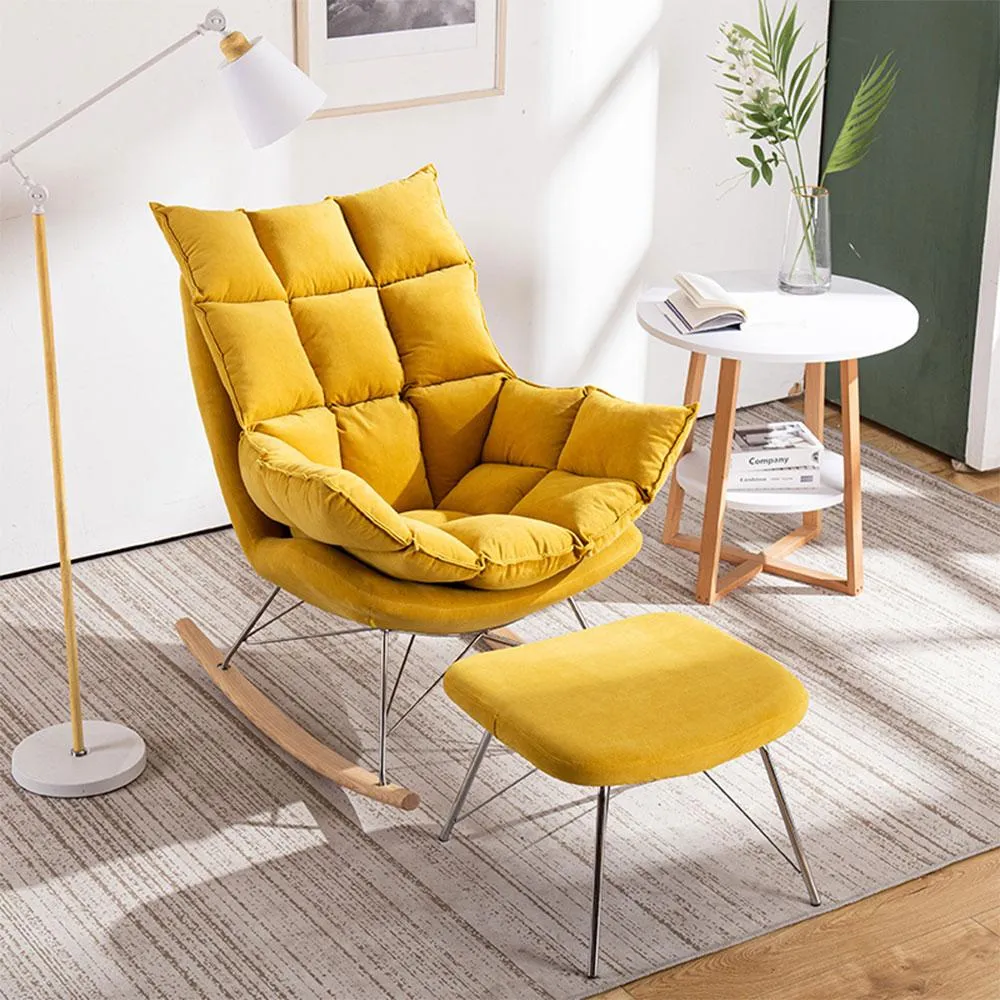
9. Bench Seating: Benches can be stylish and functional alternatives. They can be placed against walls or used as seating at a dining table, offering versatility in design.
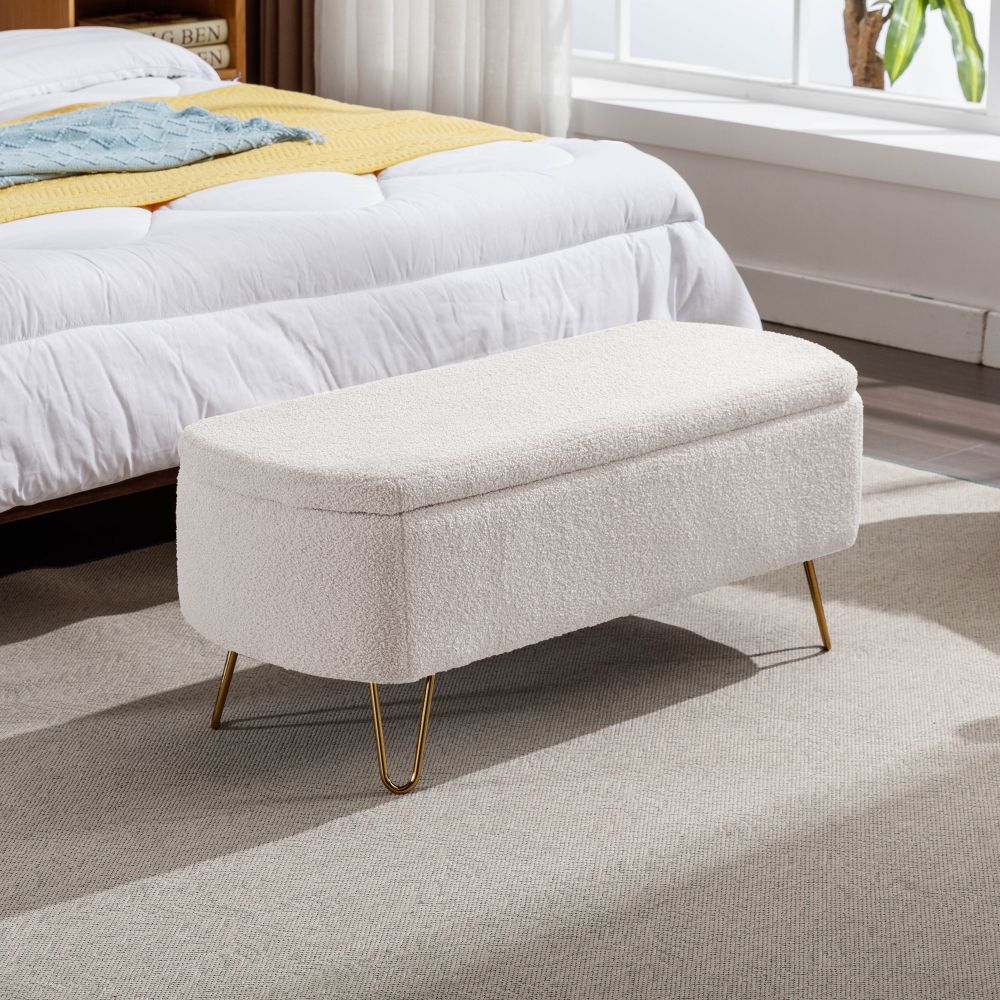
10. Ottomans: The movable seat can be placed in any room without hassles, and it can be nested under the desk to save space.
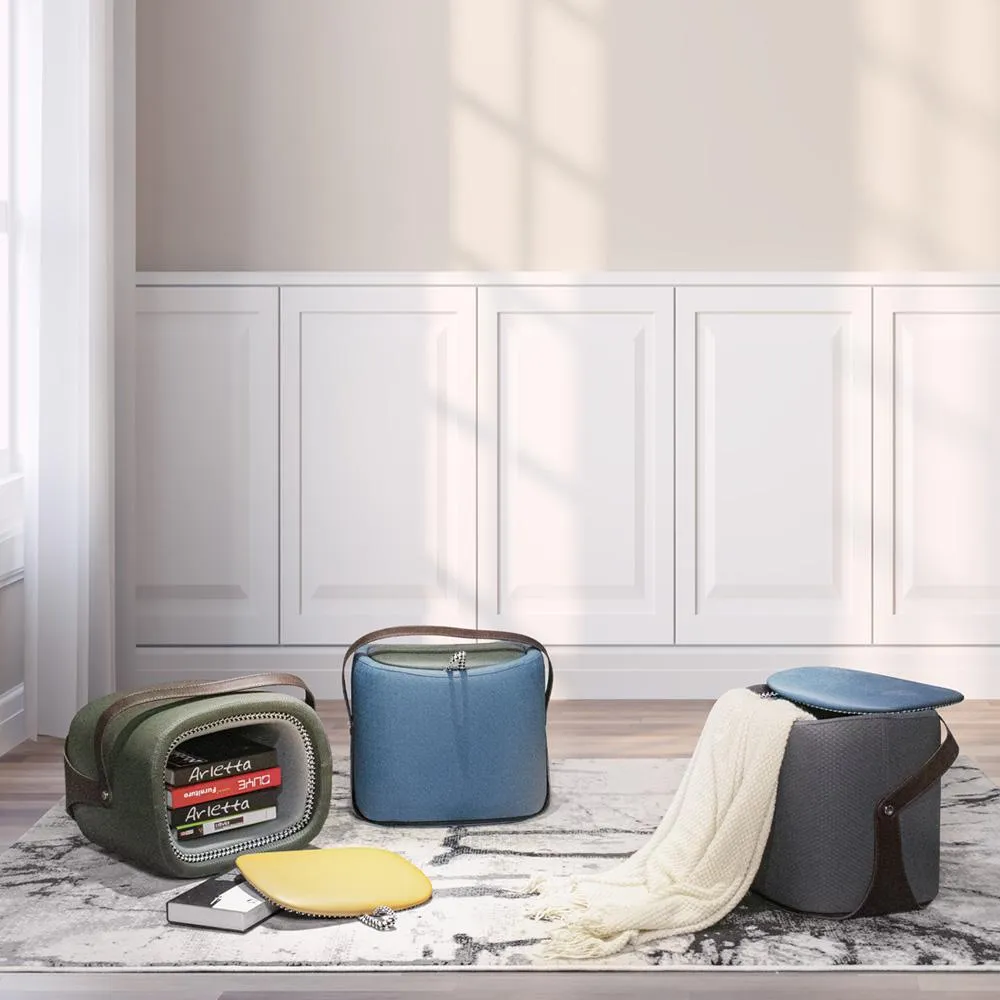
What to consider when choosing the couch alternatives?
Selecting the right living room couch alternatives is a crucial decision that requires thoughtful consideration. Here’s a detailed breakdown of what to keep in mind:
- Functionality: Determine how you plan to use the seating. Will it be your primary lounging spot, a guest seating area, or a multifunctional piece like a sofa bed? Ensure it aligns with your intended use.
- Space: Measure your living room space accurately. Take into account the layout and available floor area to ensure the alternative fits comfortably without overwhelming the room.
- Comfort: Comfort is paramount. Test the seating if possible or read user reviews to gauge comfort levels. Factors like cushioning, seat depth, and back support should be considered, especially if you plan to spend extended periods on it.
- Aesthetics: Consider the design and aesthetics. Your choice should complement your overall interior style, whether it’s modern, traditional, eclectic, or minimalist.
- Material and Durability: Evaluate the materials used, particularly if you have pets or children. Choose materials that are durable, easy to clean, and suitable for your lifestyle.
- Maintenance: Different alternatives may have varying maintenance requirements. Consider your willingness and ability to care for and clean the seating option regularly.
- Versatility: Look for versatility in the seating option. Can it serve multiple purposes? Sofa beds, sectionals with storage, or convertible options can help maximize space and functionality.
- Budget: Determine your budget and stick to it. Couch alternatives come in a wide price range, so understanding your financial constraints is essential.
- Ergonomics: Assess the seating’s ergonomics, particularly if you have specific comfort requirements. Proper support for posture can make a significant difference in long-term comfort.
- Mobility: Think about whether you need the seating to be movable or if it will have a fixed position in the room. Lightweight options can be relocated easily, which is beneficial for rearranging or cleaning.
- Assembly and Delivery: Check if the seating requires assembly and consider the delivery process. Some options may come pre-assembled, while others may require DIY setup, impacting your convenience.
- Reviews and Recommendations: Research customer reviews and seek recommendations from friends or family who have similar seating alternatives. Real-world experiences can provide valuable insights.
- Warranty and Return Policy: Review the manufacturer’s warranty and the seller’s return policy to ensure you’re protected in case of defects or dissatisfaction.
By carefully considering these factors, you can make an informed decision when choosing couch alternatives that not only enhance your living space but also align with your lifestyle, comfort, and aesthetic preferences.
Are there space-saving couch alternatives for small spaces?
Absolutely, there are space-saving alternatives to couches that are ideal for apartment or small living room. Here are some options to consider:
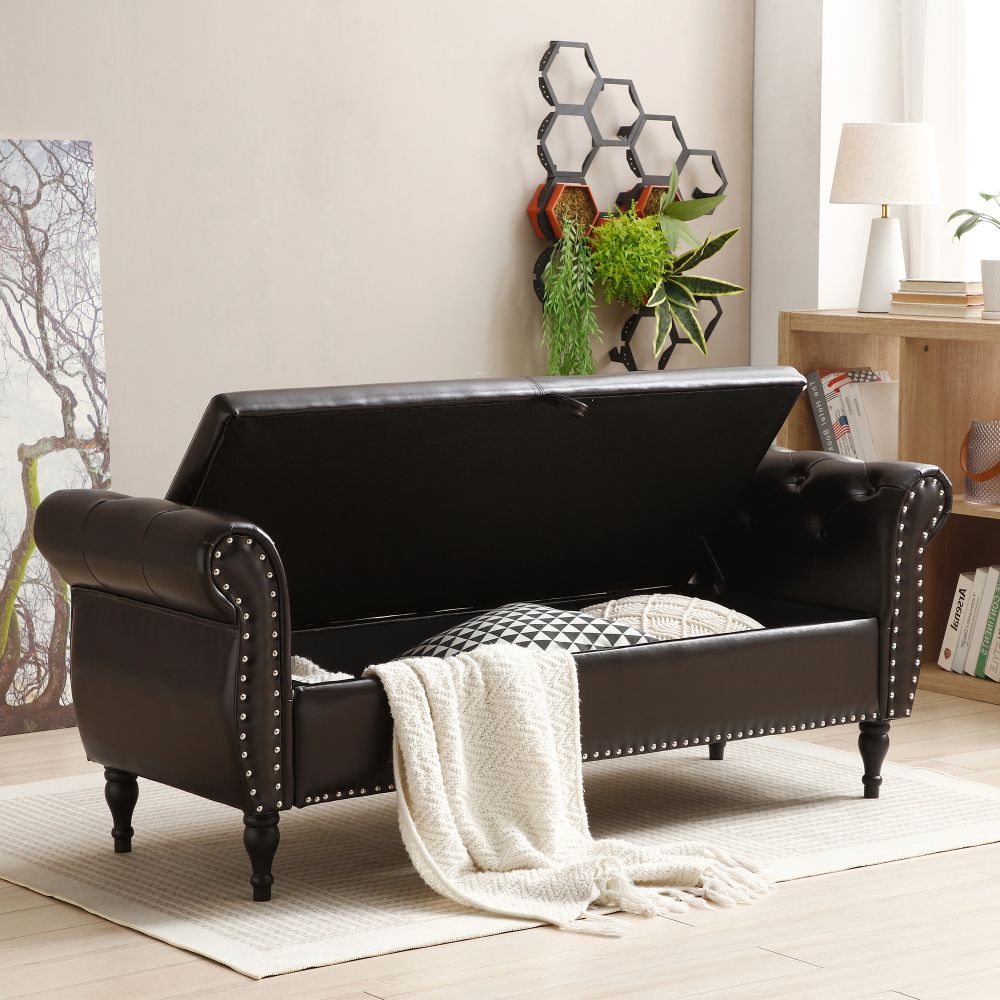
- Sleeper Sofas: A sleeper sofa combines seating and a bed in one, making it perfect for studio apartments or guest rooms. It offers a comfortable place to sit during the day and transforms into a bed for guests at night.
- Futons: Futons are versatile and compact. They can serve as both a sofa and a bed, making them excellent choices for small apartments or home offices that double as guest rooms.
- Foldable or Wall-Mounted Seating: Consider foldable chairs or wall-mounted seating that can be stored away when not in use. This approach maximizes floor space when needed.
- Storage Ottomans: Ottomans with hidden storage are multi-functional. They provide a place to sit and also offer additional storage for items like blankets, magazines, or remote controls.
- Corner Sofas: If you have a corner to spare, corner sofas can utilize otherwise wasted space effectively, providing ample seating without overwhelming the room.
- Bench Seating: Long benches or banquettes along a wall can accommodate multiple people without taking up much floor space. They also provide hidden storage underneath.
- Bean Bags or Floor Pillow: Bean bags or floor cushions are lightweight and can be easily moved around the room, making them suitable for small spaces.
Explore More Couch Alternatives for Every Budgets